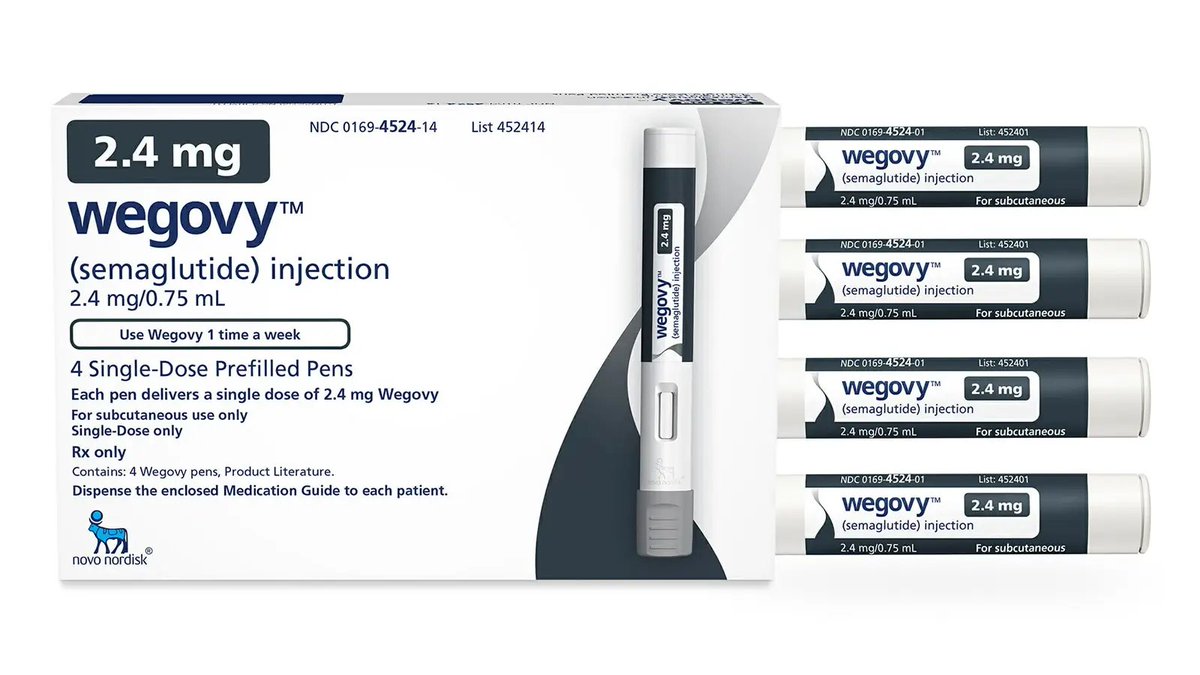While GLP1 therapies primarily exert their weight loss effect through a reduction in food intake, I’m increasingly convinced the most important mechanism behind the decrease in Ein is an attenuation of motivation-reward. I suspect homeostatic modulation plays a smaller role LT.
Mind you that this is speculative, but as my friend, @DavidMacklinMD often says, all roads lead to hedonic hunger. Do you WANT to eat? Are you compelled? Most people describe having better control, less interest, and a lack of compulsion while on GLP1s. It’s hedonics!
@MichaelMossC does a brilliant job describing the history behind the modern food environment and how it hijacks our biology in #Hooked. GLP1 therapies seem to turn off the feedback systems that drive a lot of the conditioned wanting & eating. Anticipatory drive improves as well.
It also makes me wonder if GLP1 therapies can be leveraged in addiction? There are so many overlapping neural circuits, and if it turns out this is the primary mechanism, then it stands to reason that GLP1RAs may in fact be a whole new class of therapies for SUD and addiction.
• • •
Missing some Tweet in this thread? You can try to
force a refresh
















